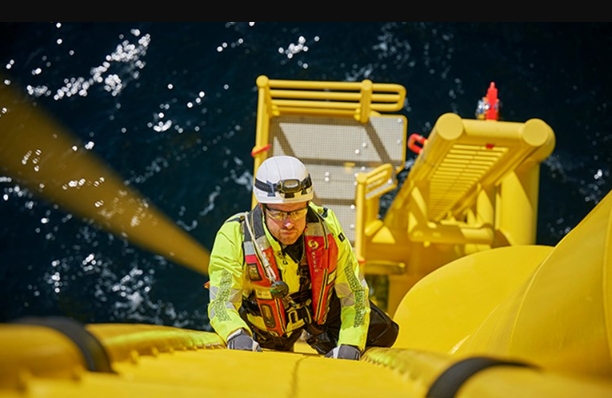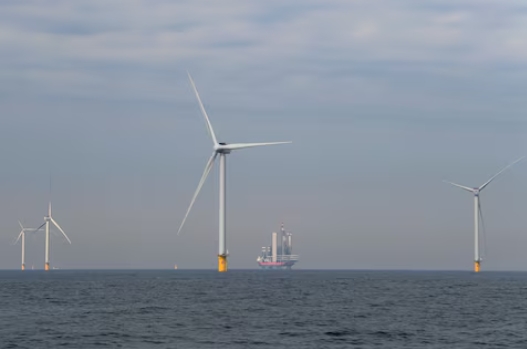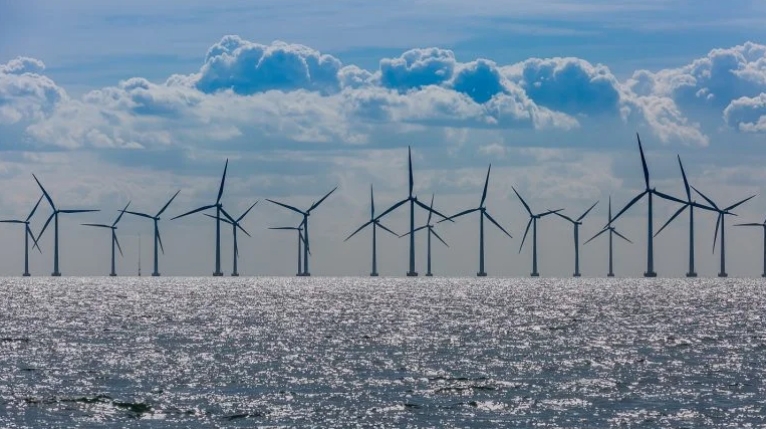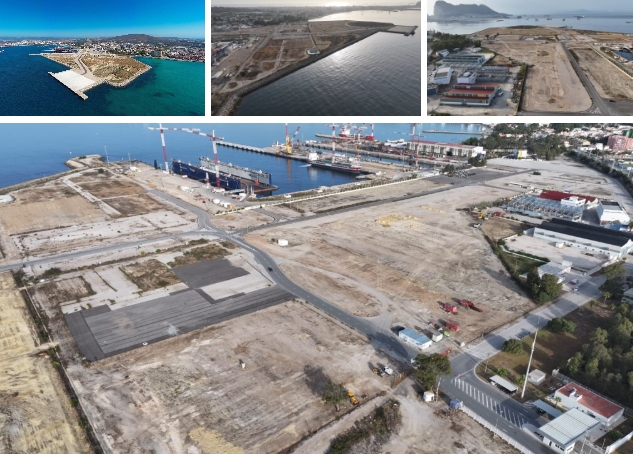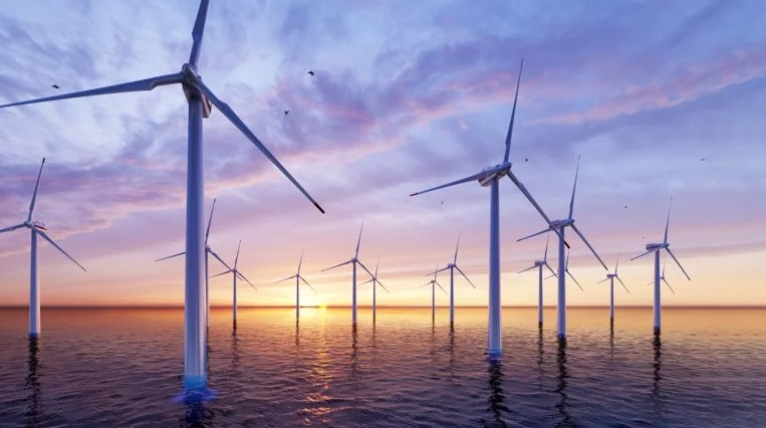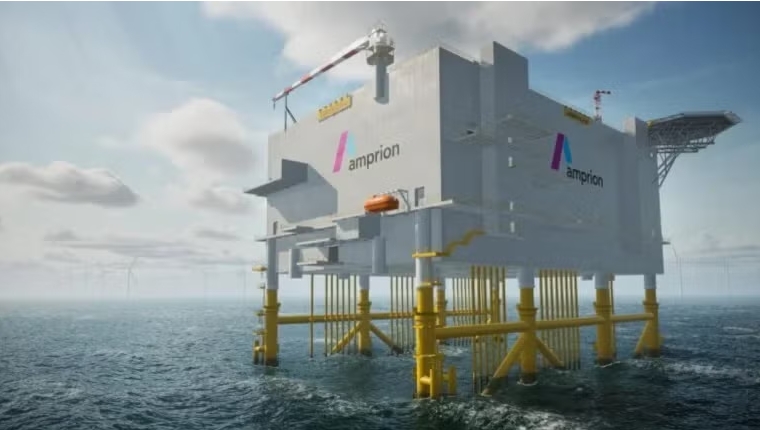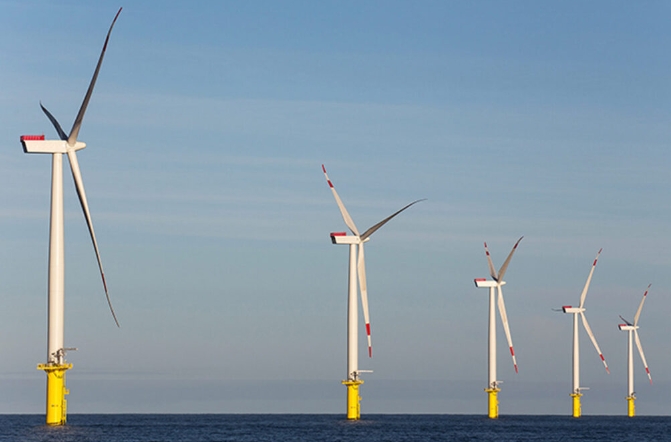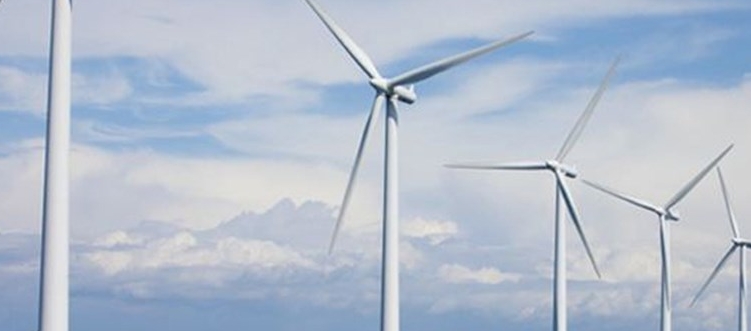The German environment agency has approved another upstream emissions reduction (UER) project, which will save around 117,400t of greenhouse gas (GHG) emissions. This will increase the total amount of GHG savings generated by German UERs to 1.2mn t.
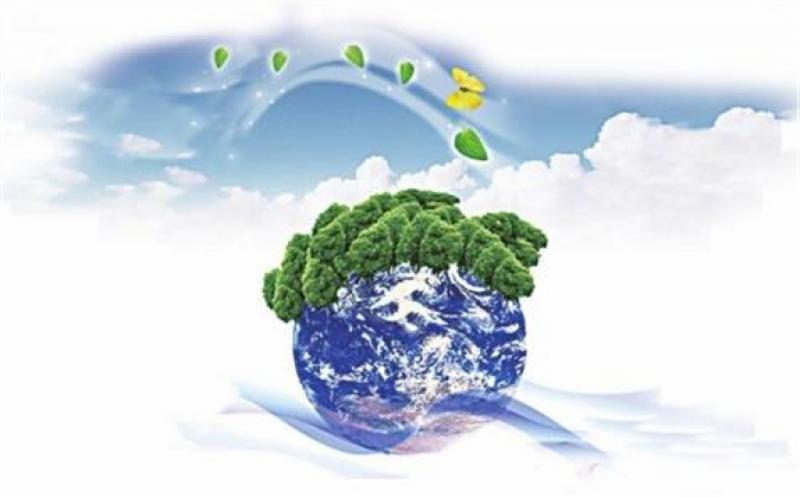
The newly approved project, which will run over an unconfirmed period, is located in China and is led by drilling company Xinjiang Petrolor Energy Service. The aim is to reduce CO2 emissions by connecting isolated electric power systems to an interconnected grid that supplies electricity generated by more efficient and less carbon-intensive means.
The project increases the total number of German UERs to six, three of which are located in Oman and two in Nigeria. The offsetting period — which is a maximum of one year but is not restricted to one calendar or compliance year — has started for only two of the six projects so far.
It is likely that the offsetting period for at least some of the approved UERs will only start towards the end of the year or in 2021, so the impact on the market for GHG emissions reduction certificates may not be immediate. Prices for the tradeable GHG credits for 2020 compliance have been falling in recent weeks on the back of weak demand and a slow recovery of fuel sales in Germany, and have been heard valued at €335-365/t CO2e between 3-7 August.
German road fuel suppliers have to fulfil a 6pc GHG emissions reduction obligation in 2020. Up to 1.2pc of that blending mandate can be covered by offsetting emissions reductions in the stages before feedstock reaches a refinery or storage facility.
